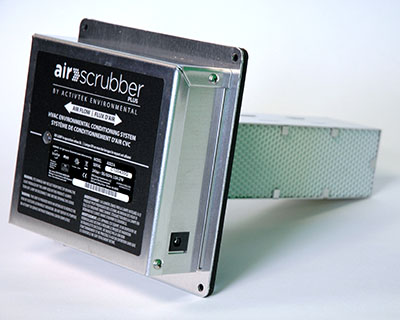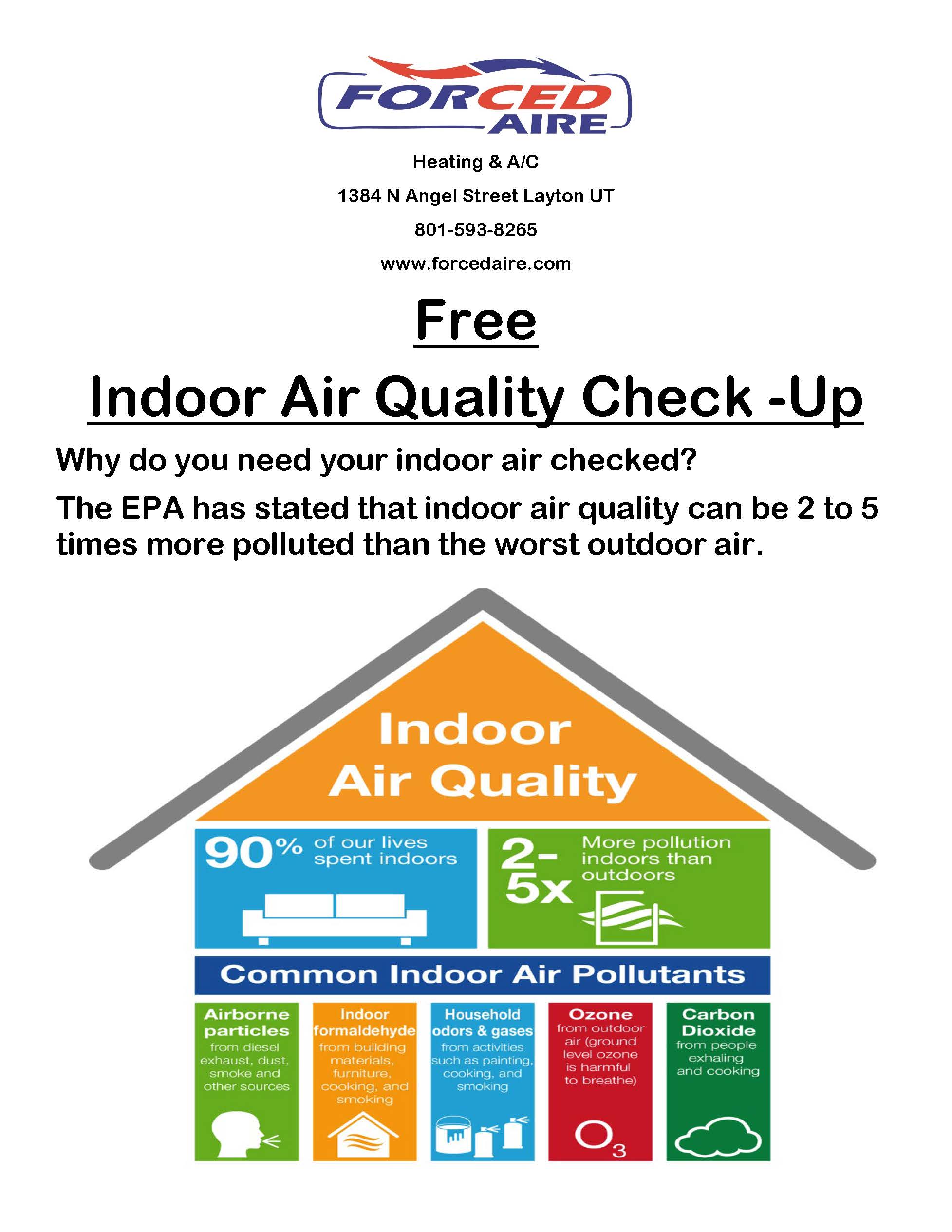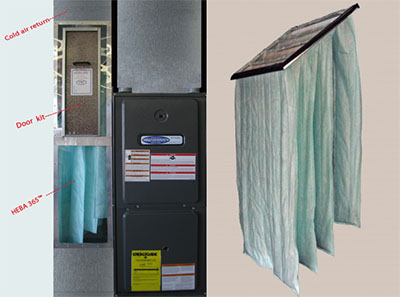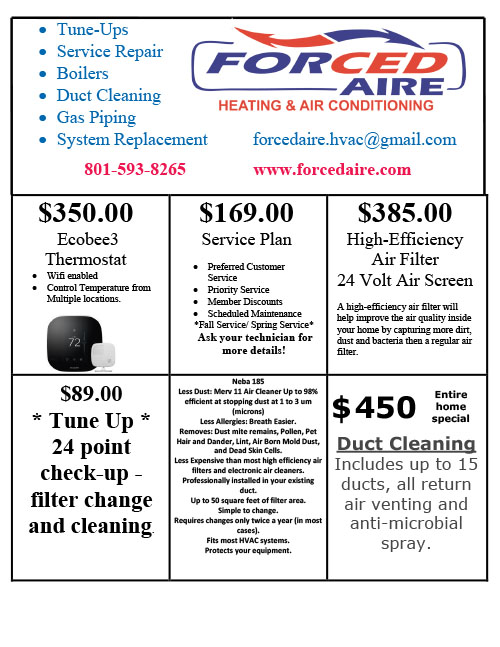Springtime is the perfect time for homeowners to get their HVAC heating and cooling systems in shape. For many, it might have been months since you’ve given your cooling system a thought – but with the nice weather comes persistent sunshine and rising temperatures that will eventually bring on summer heat. Fortunately, by taking simple HVAC spring maintenance steps now, you can keep your unit running all year long — with much less stress!
Prepare Your HVAC System for Spring & Summer
Summer is Just Around the Corner – Are You Ready?
Let’s dive into essential AC maintenance tasks you can complete to get the most out of your home’s HVAC system this season. From changing air filters to inspecting ductwork and checking refrigerant levels, you can take several proactive measures, so you don’t end up sidelined by costly repairs down the road.
Replace Air Filters
AC filters are one essential component of your unit that needs frequent attention. They tend to get clogged and dirty easily and directly impact the performance and effectiveness of your air conditioner. If not cleaned promptly, a dirty filter can cause restricted airflow, energy wastage, and damage to your unit. We recommend that you change your filters 4 times a year and monthly if you have pets or are taking on a construction project that causes excess dust in your home.
Remove Unit Covers
Clean Around AC Unit
If you had covers on, this step would become a whole lot easier. However, if your unit was uncovered, there may be debris and dirt buildup that will need clearing up. In addition, birds often like to make their nests in the units, especially when unused. Inspect carefully to identify any source of concern. Start by cleaning any leaves gathered around and on the top of your air conditioner’s grill. Follow up by trimming nearby bushes and shrubs while ensuring there is at least two feet of cleared land around the unit for proper functioning.
Check Air Conditioner Refrigerant Lines
When checking these lines, look for any signs of damage, such as leaks or cracks in the pipes. They can cause refrigerant leakage, leading to a decrease in cooling efficiency. If you notice any damage to the refrigerant lines, it’s important to have them repaired or replaced by a professional HVAC technician as soon as possible.
Testing your Thermostat
Testing, calibrating, and leveling your thermostat is important to ensure perfect home temperature. Here are a few things you need to monitor:
- Check for loose connections: Look for any loose wires or connections inside the thermostat. Tighten any loose connections using a screwdriver.
- Test the temperature sensor: Using a thermometer, check the temperature reading on your thermostat. If the reading is off by a few degrees, you may need to recalibrate the thermostat.
- Level the thermostat: Use a level to ensure that your thermostat is level. If it is not level, adjust the mounting bracket until it is.
Clearing the Drainage Hole
This is an integral part of the HVAC summer maintenance routine. The drainage hole or condensate drain is responsible for removing excess moisture. If this drainage hole becomes clogged, you might encounter various issues like water leaking from inside the unit and other types of water damage.
When cleaning out the drainage hole, turn off your HVAC unit. It should be located near the base of the indoor unit. Sometimes it is visible as a small hole, while it can be covered at other times. You can use a pipe cleaner or a small brush to remove any buildup. Remember to always use a gentle hand and avoid pressure to prevent damage.
Cleaning the Vents
Cleaning the vents is an important part of HVAC spring maintenance as it helps to ensure proper airflow and efficiency. Over time, the vents of an AC can accumulate dust, dirt, and debris, reducing the air quality in your home. By cleaning the vents, you can remove these contaminants and improve indoor air quality.
Schedule HVAC Spring Maintenance Appointment
Spring is considered the best time to call an HVAC technician for maintenance because it is the season right before the peak summer months; here is why:
- Prepare for summer: The summer months can be tough on HVAC systems, as they often work overtime to keep homes cool. By scheduling maintenance in the spring, you can identify and address any potential issues before the high demand of summer arrives.
- Cost-effective: Calling a technician during peak time means paying more to solve your AC-related problems. HVAC spring maintenance will save you a few coins and prepare you ahead of time.
- Availability of technicians: HVAC technicians are often busiest during the peak summer months, so scheduling a maintenance appointment may be more difficult. By calling in the spring, you may have options for scheduling and can avoid potential wait times or delays.
{ 0 comments }





















